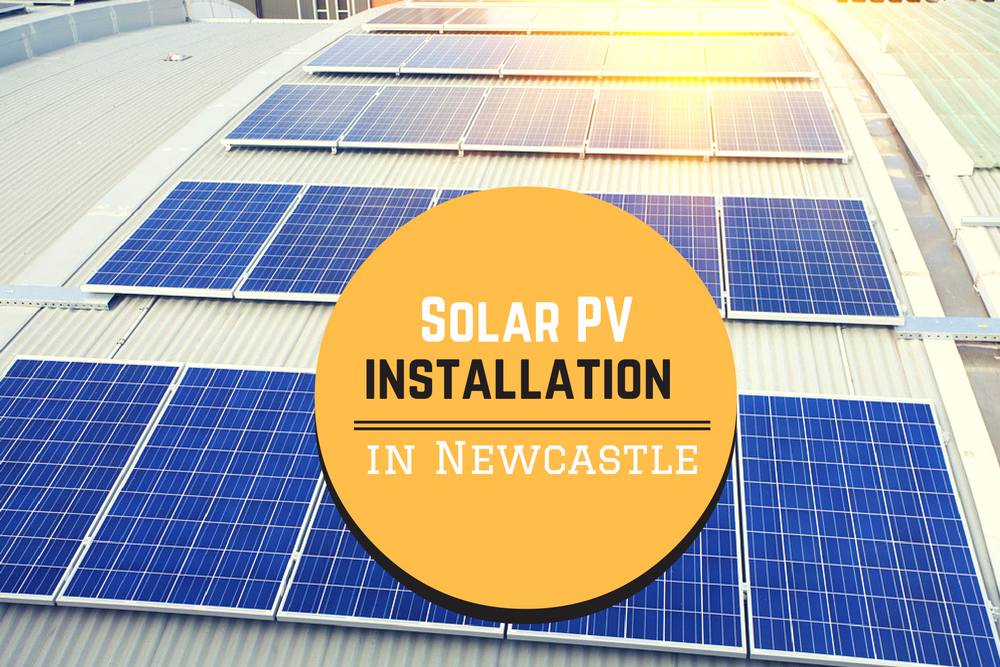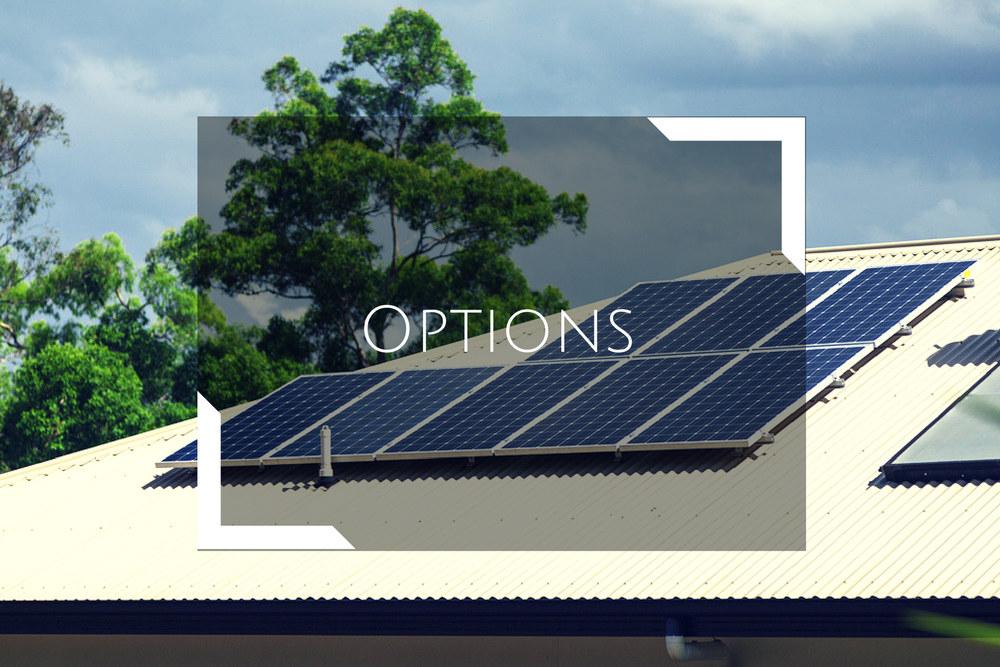Solar energy, defined in the simplest of terms, is the energy emitted by the sun in the form of solar radiation. In modern times, solar energy is another form of energy source, renewable and sustainable to further define it, which is being used to produce electricity without damaging Earth’s natural resources. Gaining popularity globally for the past years, households and governments worldwide are now investing on solar energy to produce electricity. In Australia alone, homes already feature solar panels at a higher rate than any country in the world. Currently, 15% of homes in the country are now sporting solar panel roofing for their energy consumption. Although photovoltaic, or PV, solar installation started slow in 2014, where only 2.4% of the country’s energy came from the solar PV for 2014 until 2015, the homes featuring these panels increased in a ten-fold on 2009 up until 2011. Currently, with over 5,400 megawatts, Australia is no doubt one of the countries that highly support the usage of this solar energy for consumption, be it on households, factories, or businesses.
In Australia alone, homes already feature solar panels at a higher rate than any country in the world. Currently, 15% of homes in the country are now sporting solar panel roofing for their energy consumption. Although photovoltaic, or PV, solar installation started slow in 2014, where only 2.4% of the country’s energy came from the solar PV for 2014 until 2015, the homes featuring these panels increased in a ten-fold on 2009 up until 2011. Currently, with over 5,400 megawatts, Australia is no doubt one of the countries that highly support the usage of this solar energy for consumption, be it on households, factories, or businesses.
Benefits of Solar Energy
- Solar energy that is absorbed by the Earth’s land, atmosphere, and ocean in year is 3,850,00o EJ, or exajoules (a unit of energy and work in simple terms) in a year, whereas the world’s total consumption of energy in a year is 8 times lesser than that. In practical terms, there are so much wasted renewable energy that could be used for consumption in a year; energy source that is clean, not detrimental to the environment, and readily available.
- According to studies, it only takes one hour for the sun to provide the Earth more energy than it will ever use in a year. This time frame is essential to those who are storing solar energy for either consumption or business. This also shows how easy it is to convert the energy received from the sun into power that everyone could use.
- Solar energy is sustainable and renewable. By being renewable, this means that the Earth will never run out of it, hence, problems with energy shortage should never be a problem, which is the current dilemma the world faces now for the declining of resources, such as non-renewable sources.
- Although the one-time installation of solar panels can be expensive, monthly expenses on one’s bill will lower down once a household shifts to solar energy power. Being readily available and renewable, transforming solar power into energy is a no-brainer better option to save some money on one’s monthly electricity bill.
- Solar energy is clean and non-polluting. Unlike non-renewable resources, solar energy does not emit harmful gases in the air like carbon dioxide, nitrogen oxide or sulphur oxide. Hence, there Is a little no risk of damaging the Earth’s ozone layer, and environment in general, when households choose to convert to solar power.
- Solar panels require low maintenance and can last for a long time. As mentioned earlier, although installation can be expensive at first, solar panels in the long run are cheap and easy to maintain. There are no moving solar cells nor noises in a solar panel, thus, maintenance over time is at a minimum.
Available Options for Solar Power Systems in Australia
- Solar PV Grid Connect Systems – in simple terms, this system refers to a solar system, or panel, that is connected to the utility power grid of a household or institute. Solar panels are usually installed in a house’s or building’s roof, and the energy being acquired from the sun will be passed on to an inverter, meter, utility grid, and then the household for electricity usage. This is the most common option that households opt to for its functionality and cheaper price.
- Stand Alone Power Systems (Off Grid) – from the name itself, this panel is installed separately from a house, not on the roofs, which is usually the case. Careful designing of these panels is required to ensure that the system will give the adequate power in a household or institute. Proper designing and installing ensure prolonged services as well of the system.
- Hybrid Power Systems – a mix of standalone and grid systems, hybrid power systems allow the owner to gain the maximum benefit that he will get from installing the system, may it be solar or wind energy. Moreover, when the system takes energy from the sun and translates it to power more than what the household or institute needs, excess energy is stored on a battery bank. During peak hours, the grid connection can be switched to avoid acquiring excess solar energy. During off peak hours on the other hand, home or institute owners can opt to use the energy stored in the battery bank for power supply, instead of switching to the usual energy source. This way, no supply is ever wasted. Like the two other options, good design is necessary to enable the property owners to use the renewable energy from the panels for free during peak hours and switch to the stored power in the battery bank for off-peak hours.
To conclude, solar energy is the best option for energy and power source that households and institutes should opt to, in Australia and around the world. Solar energy is not only beneficial when it comes to preserving the Earth’s environment and resource as it also helps everyone to save money in the long run, hence, converting to solar energy is a movement that all should patronise.
Several options are also available for solar panel systems to suit every household and institute’s preference. There are also companies around Australia, and around the world, who specialise in solar panel installation to help anyone who is new to this kind of power source. Moreover, switching to this type of resource requires little to no maintenance and can last for a long amount of time, hence saving anyone from the hassle of labour work and money matters.
For a healthier and more sustainable environment, as well as practicality, switching to solar energy is indeed the best option for households and institutes alike.



